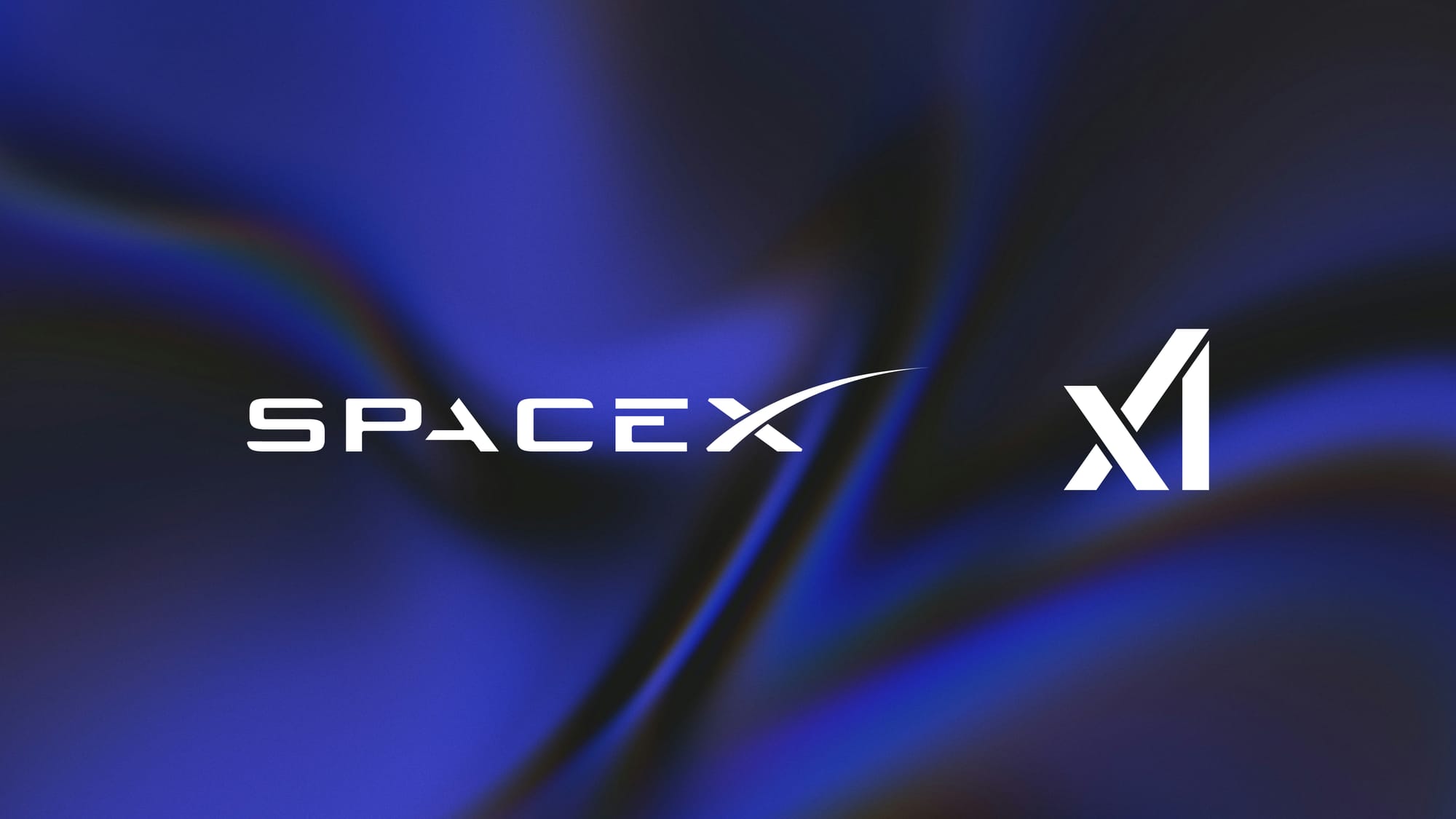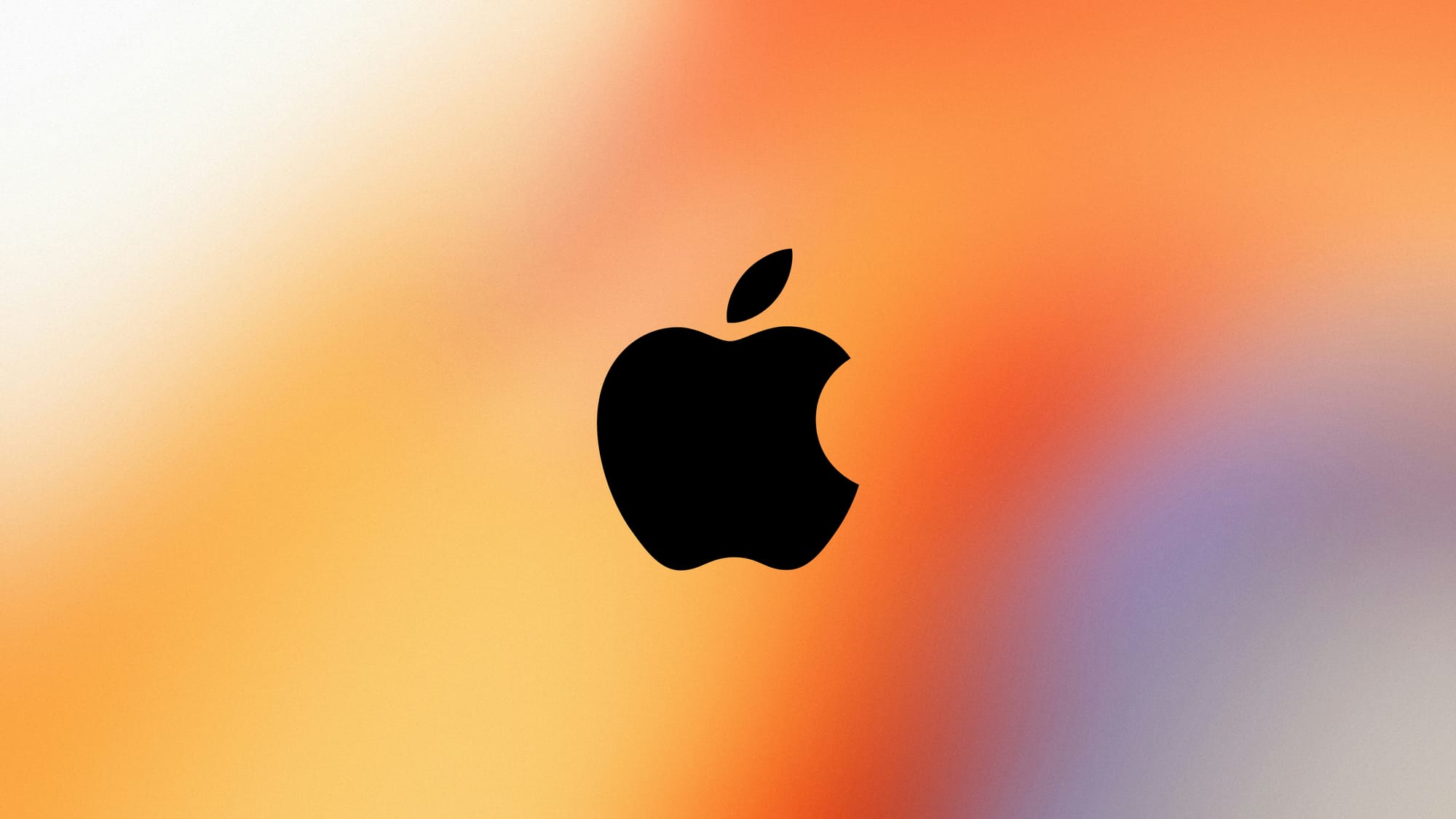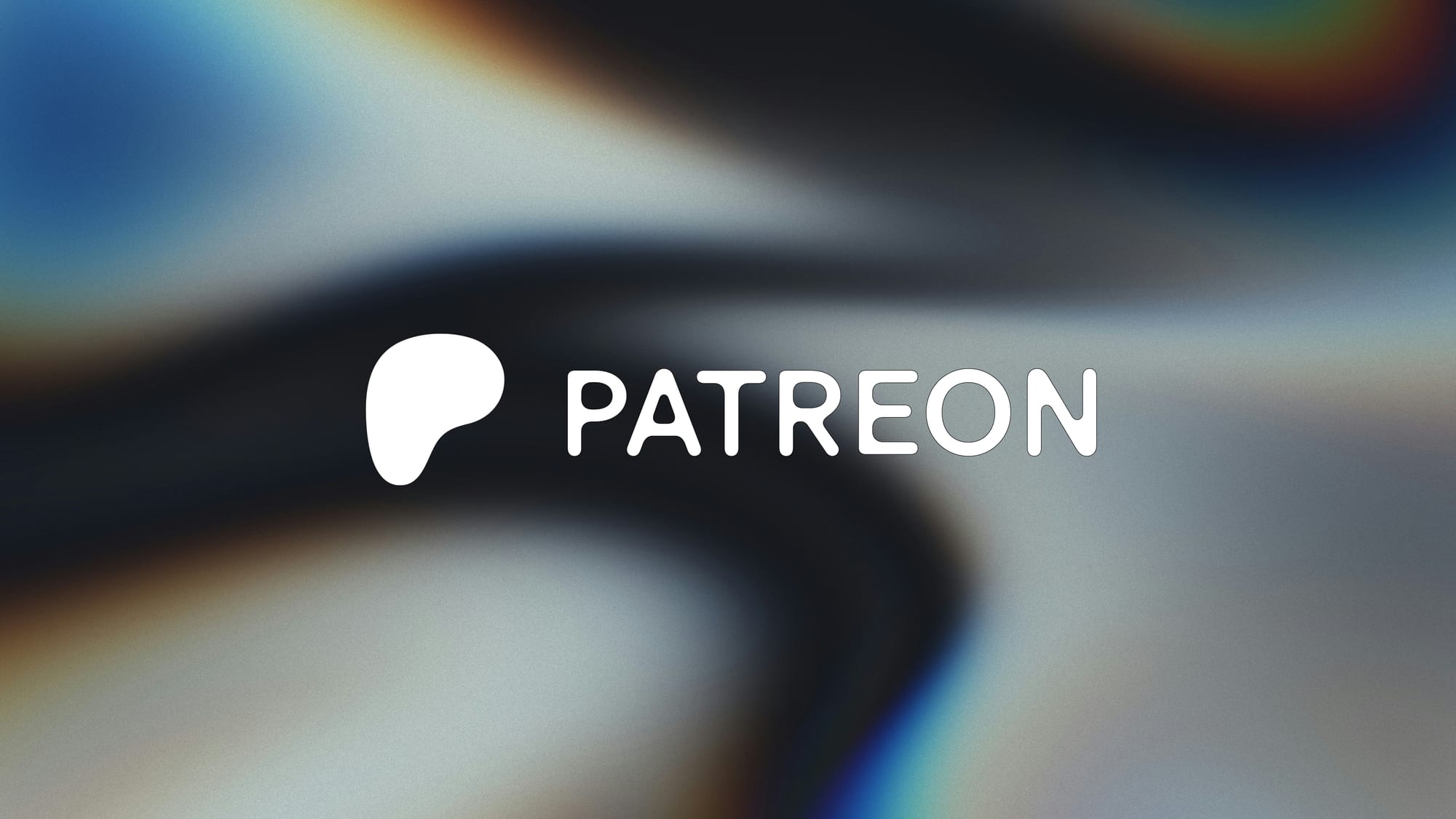The New York Times just made a fascinating strategic move in the AI wars - signing its first-ever generative AI licensing deal with Amazon while simultaneously battling OpenAI in court.
This multiyear agreement allows Amazon to use Times content across its AI platforms, including Alexa smart speakers, NYT Cooking recipes, and sports coverage from The Athletic. Amazon will display summaries and excerpts with proper attribution, plus use the content to train its proprietary AI models.
The irony is striking. While The Times seeks billions in damages from OpenAI and Microsoft for allegedly stealing millions of articles without permission, it's now willingly partnering with Amazon for fair compensation.
"The deal is consistent with our long-held principle that high-quality journalism is worth paying for," explained Times CEO Meredith Kopit Levien. This represents a clear message to the AI industry:
Pay up or face legal consequences.
The timing couldn't be more strategic. Amazon has been playing catch-up in the AI race since ChatGPT's explosive debut, recently acquiring talent from startups like Adept and Covariant to build its own "artificial general intelligence" lab. Licensed Times content could fuel these ambitious efforts.
This deal reflects a broader industry trend where news organizations are choosing selective partnerships over blanket opposition. While some publishers sue AI companies, others like The Atlantic and News Corp have inked licensing agreements.
For readers, this means higher-quality AI responses backed by trusted journalism. For the media industry, it establishes a crucial precedent: AI companies must compensate content creators fairly.
The Times is essentially saying:
"We'll work with you, but only if you respect our intellectual property and pay appropriately."
It's a savvy approach that could reshape how AI companies source training data going forward.














Discussion